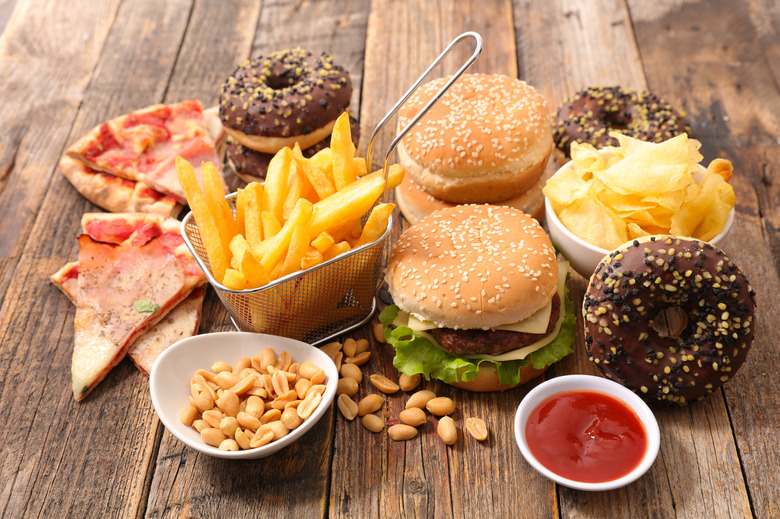How Dopamine Helps Make Some Foods Addicting
Do you find it hard to ignore sugary treats such as cake or candy? Although willpower plays a role, you can also blame your brain. Certain foods with high fat or sugar content are hard to resist because your body releases dopamine when you eat them. Dopamine is a neurotransmitter in the human brain, which makes you feel good. It also plays a role in food addiction and makes it harder to lose weight.
Dopamine and Your Brain
Dopamine and Your Brain
Dopamine is a compound that acts as a neurotransmitter. It can transmit signals in the brain between the nerve cells or neurons. Your brain releases dopamine when something good is about to happen, and you feel happy. Many drugs can lead to the creation of more dopamine in the body, so they become addicting. Although dopamine is a complex chemical with multiple functions, it has an important role in the reward and pleasure system of the brain.
Food Addiction
Food Addiction
Why is it difficult to turn down a piece of chocolate cake or stop eating a bag of chips? The answer has a lot to do with dopamine. When you do not have enough dopamine in the body, you may crave food and other things that make you happy. On the other hand, having too much dopamine can lead to addiction.
Sugar and fat are two substances that can affect dopamine production in the human body. Other stimulants such as alcohol and drugs can also influence this neurotransmitter. As your body makes more dopamine in response to eating too much, the neuron activity starts to decrease over time, so you need more and more food to feel the same way. Essentially, the body develops tolerance, addiction starts, and you crave more sugar or fat. Dopamine motivates people to seek out the things that make them happy.
Impulse Control
Impulse Control
In the U.S., 36.5 percent all adults and 20 percent of all children are obese. The obesity epidemic continues despite multiple studies confirming the harmful effects of being overweight, which include having a higher risk of diabetes, heart disease, cancer and other health problems. Many are aware of the issues they have with food but find it hard to stop overeating.
One of the reasons people suffer from food addiction is because of dopamine activity. Not only does the neurotransmitter affect the pleasure center of the brain, it can also influence the part of the brain that is responsible for impulse control. Dopamine can signal the expected pleasure you may receive from certain activities, so it can interfere with the ability to make a decision.
There is no simple solution to food addiction. However, paying attention to your diet and avoiding trigger foods high in fat or sugar can help. You cannot create an addiction to junk food if you never eat it.
References
- NCBI: Dopamine signaling in food addiction: role of dopamine D2 receptors
- NCBI: Addiction-like reward dysfunction and compulsive eating in obese rats: Role for dopamine D2 receptors
- Scientific American: Addicted to Fat: Overeating May Alter the Brain as Much as Hard Drugs
- CDC: Childhood Obesity Facts
- CDC: Adult Obesity Facts
Cite This Article
MLA
Bandoim, Lana. "How Dopamine Helps Make Some Foods Addicting" sciencing.com, https://www.sciencing.com/how-dopamine-helps-make-some-foods-addicting-13711519/. 30 April 2018.
APA
Bandoim, Lana. (2018, April 30). How Dopamine Helps Make Some Foods Addicting. sciencing.com. Retrieved from https://www.sciencing.com/how-dopamine-helps-make-some-foods-addicting-13711519/
Chicago
Bandoim, Lana. How Dopamine Helps Make Some Foods Addicting last modified March 24, 2022. https://www.sciencing.com/how-dopamine-helps-make-some-foods-addicting-13711519/
